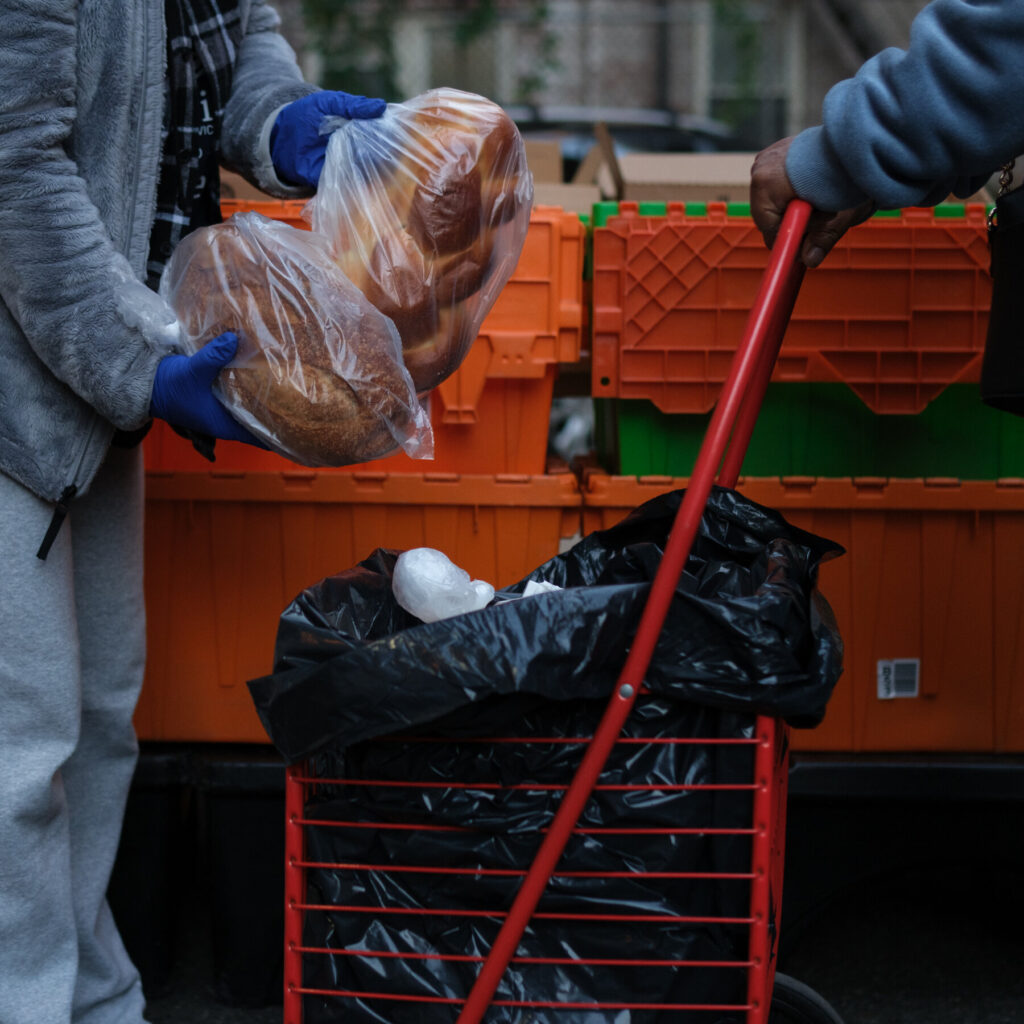Trump Administration Orders States to Reverse Work Requirements for Full Food Stamp Benefits, Warns of Funding Penalties

Washington – In a series of late‑night memoranda issued Tuesday, the U.S. Department of Agriculture (USDA) directed every state that administers the Supplemental Nutrition Assistance Program (SNAP) to suspend the work‑requirement provisions that have limited the amount of benefits many recipients can receive. The agency warned that failure to comply could trigger substantial reductions in federal funding for the program.
The guidance, which was sent to the 50 state agencies that manage SNAP, instructs officials to “undo” any state‑level policies that condition a household’s full benefit allotment on participation in employment, training, or community service. Under the new directive, eligible families would receive the maximum monthly allotment regardless of work status, effectively restoring the program to its pre‑2018 configuration.
“The Secretary of Agriculture has determined that the work requirements are inconsistent with the purpose of SNAP and are causing undue hardship for millions of low‑income Americans,” the memo read. “States must take immediate action to ensure that all qualifying households receive the full benefit amount for which they are eligible.”
In addition to the policy reversal, the USDA threatened to impose financial penalties on states that do not act swiftly. While the exact amount of the potential cuts was not disclosed, officials indicated that the penalties could amount to a significant portion of the federal SNAP entitlement funds that states receive each year. The agency also signaled that it would closely monitor compliance and could withhold future appropriations if states fail to meet the new requirements.
State leaders reacted with a mixture of support and concern. Governors in several traditionally Democratic states, such as California, New York, and Illinois, welcomed the move, saying it would provide a “critical safety net” for families struggling with the rising cost of food. “Our communities cannot afford to see families go hungry because of bureaucratic hurdles,” said California Governor Gavin Newsom in a statement.
Conversely, Republican governors expressed reservations about the federal overreach and the financial implications. Texas Governor Greg Abbott warned that the penalties could force the state to reallocate resources from other essential services. “We are already facing budgetary pressures; this directive could jeopardize our ability to fund education, healthcare, and infrastructure,” he said.
Policy analysts note that the administration’s push comes amid a broader effort to roll back work‑requirement rules that were instituted during the previous administration. Critics of the earlier requirements argued that they discouraged participation among vulnerable populations and failed to produce measurable employment gains. Supporters, however, contended that the work conditions encouraged self‑sufficiency and reduced dependency on government assistance.
Legal experts also point out that the USDA’s authority to impose such penalties hinges on the interpretation of the Farm Bill, which governs SNAP funding. “The agency’s leverage is largely tied to its control over the discretionary portion of SNAP dollars,” explained constitutional law professor Maya Patel of Georgetown University. “If states challenge the penalties in court, the outcome will likely hinge on whether the federal government can condition funds on compliance with policy changes that affect state discretion.”
The USDA has set a compliance deadline of 30 days from the issuance of the guidance. States are expected to submit detailed plans outlining how they will eliminate work‑related eligibility restrictions and ensure that full benefits are delivered to qualifying households. The department also promised technical assistance to help state agencies transition to the new framework.
As the deadline approaches, advocacy groups for low‑income families are urging swift action. “Every day that families receive reduced benefits is a day they risk food insecurity,” said Maria Alvarez, director of the national nonprofit Feeding America. “We call on state officials to act now and restore the full safety net that SNAP was designed to provide.”
The coming weeks will reveal how states navigate the federal directive, balance budgetary constraints, and address the needs of millions of Americans who rely on SNAP for their daily nutrition. The outcome may set a precedent for future federal‑state negotiations over welfare program administration.





